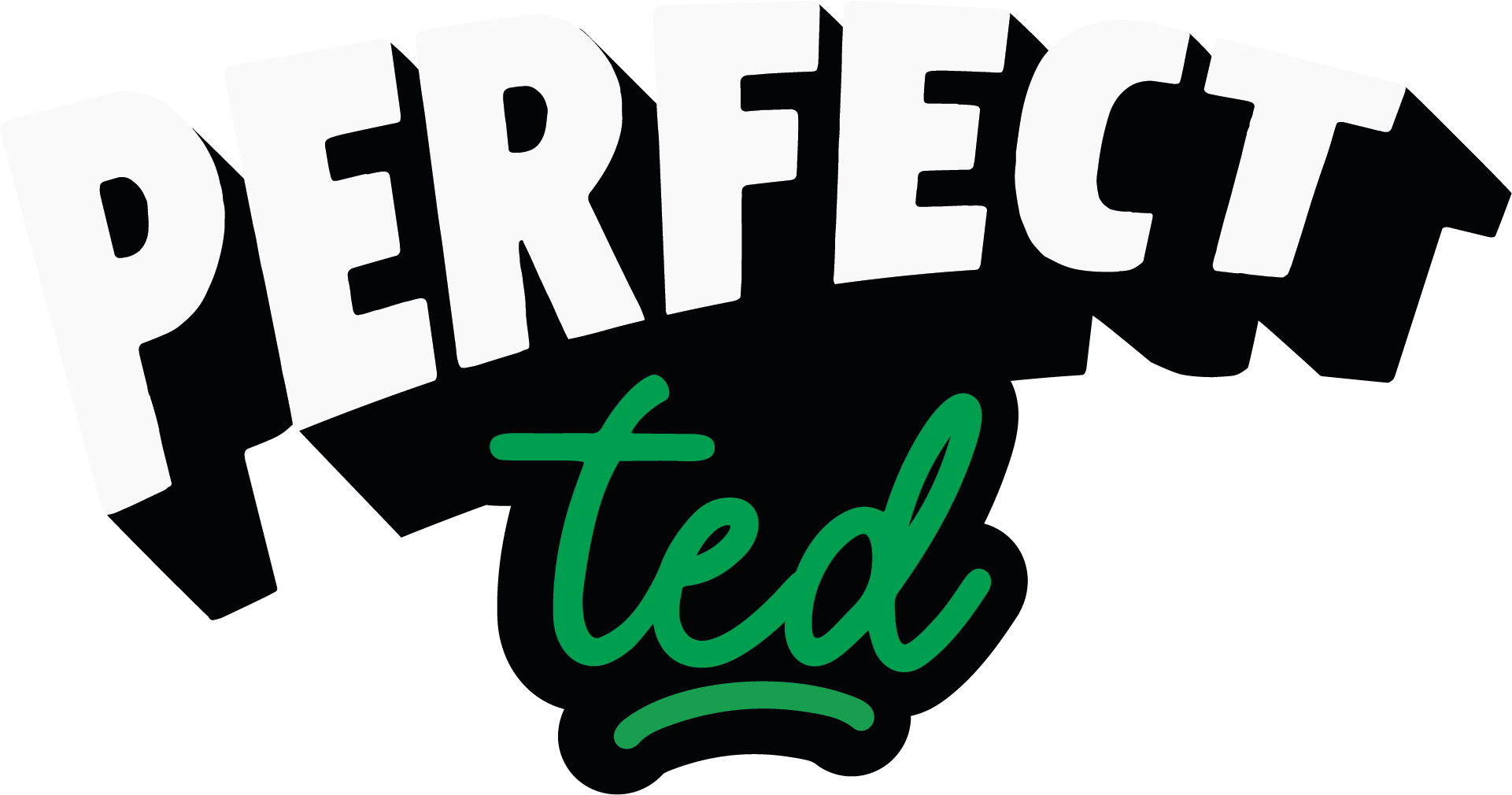Nicola Davis's piece in The Guardian, mixed with some deep-dive research, is shaking things up by suggesting we look at ADHD in a whole new light. Instead of seeing it as just a tricky diagnosis, we're being nudged to appreciate its roots way back in our evolutionary past, and even spot some perks it brings to the table today.
ADHD: From Caveman Days to Today's Hustle
Recent studies, including some cool work by Dr. David Barack from the University of Pennsylvania, are peeling back the layers on why ADHD traits might have been handy for our ancestors. Think about it: being quick to react, easily distracted, and always on the lookout for something new could literally mean the difference between eating or being eaten. These folks were ace at finding food and dodging danger. Research in the Proceedings of the Royal Society B shows that people with ADHD-like qualities were champs at a foraging task in a study, hinting at a solid link between these traits and snagging a good meal back in the day.
ADHD in the Fast Lane
Fast forward to now, and the same qualities that helped our forebears thrive are turning some people with ADHD into modern-day trailblasers. That impulsive streak and curiosity? Perfect for out-of-the-box thinking and innovation. And the ability to hyperfocus? It's a secret weapon for diving deep into projects, paving the way for breakthroughs across the board, from art to tech.
But, it's not all smooth sailing. Today's world, with its love for order and routine, often bumps heads with the ADHD way of doing things. There's a growing chorus, though, pushing for a change – to shape places where the ADHD approach isn't just tolerated but celebrated.
Looking Ahead: Celebrating Neurodiversity
Nicola Davis's insights and recent scientific research encourage a radical reevaluation of ADHD, proposing an appreciation of its evolutionary advantages. This perspective suggests reconfiguring educational and work environments to better align with diverse cognitive styles, particularly those of individuals with ADHD. Recognising and leveraging the unique skills and creativity of people with ADHD can lead to significant innovations and progress.
The adoption of matcha green tea as a natural aid for enhancing focus and relaxation in individuals with ADHD exemplifies the merging of ancient wisdom with modern scientific understanding. Matcha, known for containing the amino acid L-theanine, is reputed to offer a unique combination of calm and alertness, supporting the needs of those with ADHD in today’s demanding world.
By integrating such natural remedies and rethinking our approach to neurodiversity, we not only celebrate the unique contributions of individuals with ADHD but also foster a more inclusive and productive society. This approach is a step towards a future where the full spectrum of human talent is acknowledged and valued, illustrating how traditional practices like matcha consumption can complement contemporary strategies for managing ADHD.



